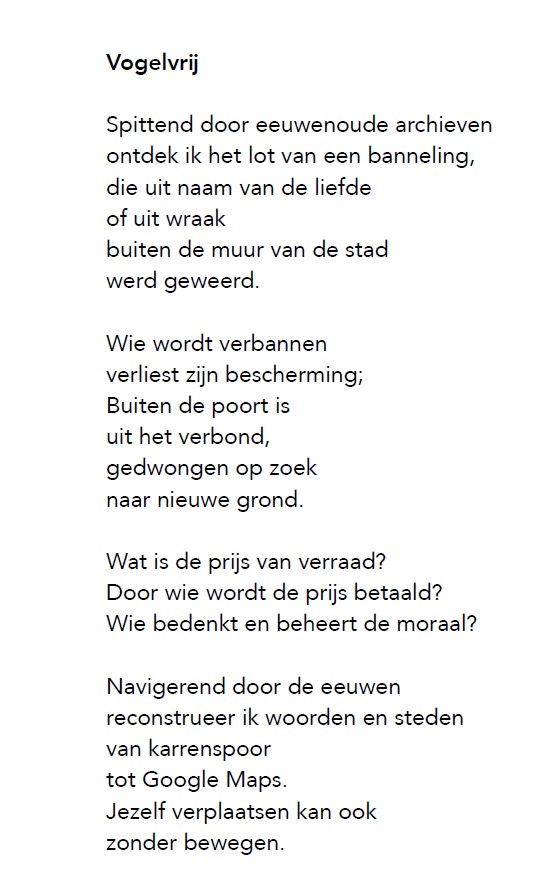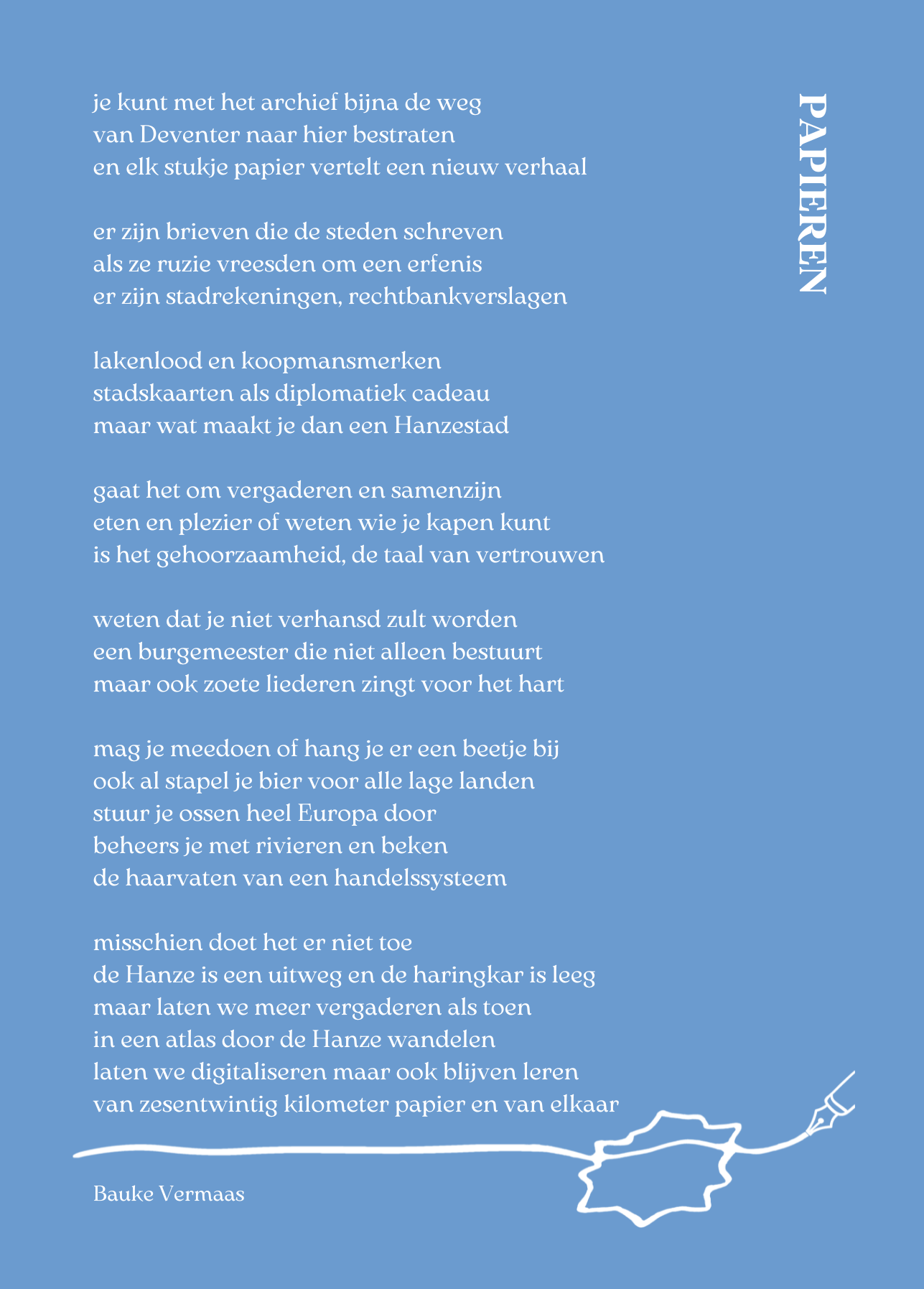Programme of the early modern 'History in conflicts' webinar 28.01.2022
Justyna Wubs-MrozewiczThe webinar starts at 13:00 (CET), through zoom. If you would like to join, please contact j.j.wubs-mrozewicz [at] uva.nl.
13:00-13:15
Justyna Wubs-Mrozewicz: Introduction
13:15-14:00
1. Stuart Carroll: ‘Memorials and Conflict Resolution in Early Modern Europe.’
2. Jan Hennings: ‘Precedent, tradition, or history? The past as an argument in status conflicts.’
Short break
14:15-15:00
3. Lena Oetzel: ‘Peace as an argument in conflict I: The peace of Prague in the Westphalian peace negotiations.’
4. Dorothée Goetze: ‘Peace as an argument in conflict II: The peace treaties of Oliva and Alt-Ranstädt in the Swedish-Saxon dispute at the German Perpetual Diet.’
Longer break
15:30-16:30
5. Stephen Cummins: ‘Criminal pasts and conflict in the early modern Kingdom of Naples.’
6. Carlo Taviani: ‘Machiavelli and the Chimera. Financial Bubbles and Schemes in Early Eighteenth Century France.’
7. Marjolein Schepers: ‘Who belongs to the parish? Parish conflicts on household settlement status and access to poor relief in eighteenth-century Flanders and France.’
Short break
16:45-17:45
8. Shannon McSheffrey: ‘Documenting the London Evil May Day Riot, 1517.’
9. Gerard Wiegers: ‘Late 15th-century forced conversion to Christianity in Spain and a late 16th-century response.’
10. Hilde De Weerdt: ‘Recording and Anthologizing Personal, Communal, and Interstate Conflict in Late Imperial Chinese History.’
Short break
18:00-18:30
Conclusions and last round of discussion.
This webinar builds on the medieval meeting in June 2021: see the introduction and summaries of papers.


